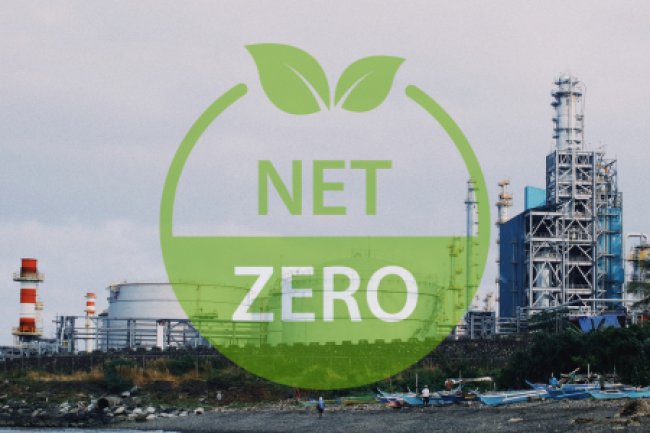Smart Chemicals: How Advanced Materials Are Transforming Manufacturing
Discover how smart chemicals and advanced materials are transforming modern manufacturing. Explore their impact on efficiency, sustainability, and innovation in the chemical and pharmaceutical industries.

Smart Chemicals: How Advanced Materials Are Transforming Manufacturing
In the evolving landscape of modern manufacturing, the role of chemistry is being redefined by the integration of smart materials and cutting-edge technologies. From streamlining production lines to enhancing the performance of everyday products, advanced materials—often dubbed "smart chemicals"—are ushering in a new era of innovation across industries.
The Rise of Intelligent Materials
Smart chemicals refer to substances engineered to respond predictably to external stimuli such as temperature, pressure, pH, or light. These materials can change their properties dynamically, allowing for enhanced functionality in various applications. Whether it's self-healing polymers, responsive gels, or shape-memory alloys, these substances are revolutionizing the way manufacturers think about design and efficiency.
In particular, the manufacturing sector is witnessing a surge in materials that adapt to their environment. This adaptability reduces waste, increases durability, and often lowers the need for excessive energy inputs. For instance, coatings that react to temperature changes can be used to regulate the internal climate of buildings or machinery, reducing reliance on external cooling or heating systems.
A Quiet Revolution in Pharmaceuticals
However, the integration of responsive chemical systems is accelerating testing phases and improving precision in formulation. Smart polymers are being used in drug delivery systems that release medication only when it reaches targeted areas of the body, reducing side effects and improving patient outcomes.
At the same time, laboratory automation is being transformed by intelligent chemical processes that interact seamlessly with robotic systems and AI-powered tools. Repetitive tasks like mixing, measuring, and monitoring can now be handled autonomously, freeing up researchers to focus on more complex analytical work.
Efficiency Through Innovation
Manufacturers across the board are under pressure to produce faster, cheaper, and more sustainably. Smart materials are helping to meet these demands. In electronics, materials that conduct electricity selectively or change conductivity in response to external cues are being used in next-generation sensors and wearable tech. In automotive manufacturing, lightweight but high-strength materials reduce fuel consumption without compromising safety.
These materials are also instrumental in predictive maintenance. Coatings and composites that signal stress or wear before actual failure occurs can drastically reduce downtime and maintenance costs, leading to safer and more reliable operations.
Environmental and Economic Benefits
Smart chemicals are not only boosting operational efficiency—they’re also supporting greener manufacturing practices. Many responsive materials are engineered to be more recyclable or biodegradable, helping companies reduce their environmental footprint. Additionally, by enabling more precise control over chemical reactions and production conditions, these materials help cut down on resource waste and energy consumption.
The Future is Responsive
As the capabilities of smart chemicals continue to evolve, so too will their role in manufacturing. These materials offer a glimpse into a future where industrial systems are not just automated, but intelligent—responding in real-time to changing conditions, optimizing processes on the fly, and adapting to new challenges with minimal human intervention.
The convergence of chemistry, material science, and automation is more than a technical evolution—it’s a fundamental shift in how we approach production. With the continued refinement of smart materials, the boundary between science fiction and manufacturing reality grows ever thinner.
Meta Keywords:
smart chemicals, advanced materials, chemical manufacturing, pharma innovation, intelligent materials, chemical industry trends, sustainable manufacturing, eChem Network, chemical news 2025, pharmaceutical materials
What's Your Reaction?


















